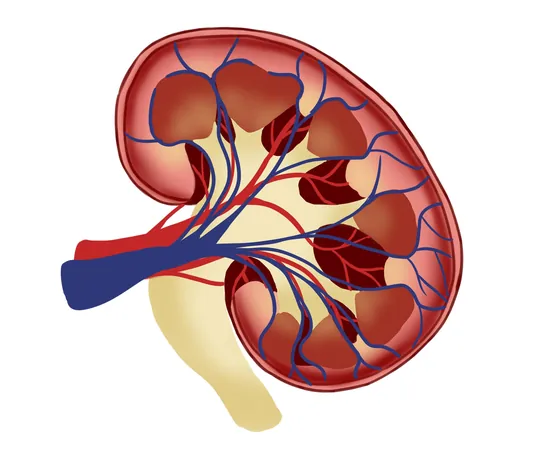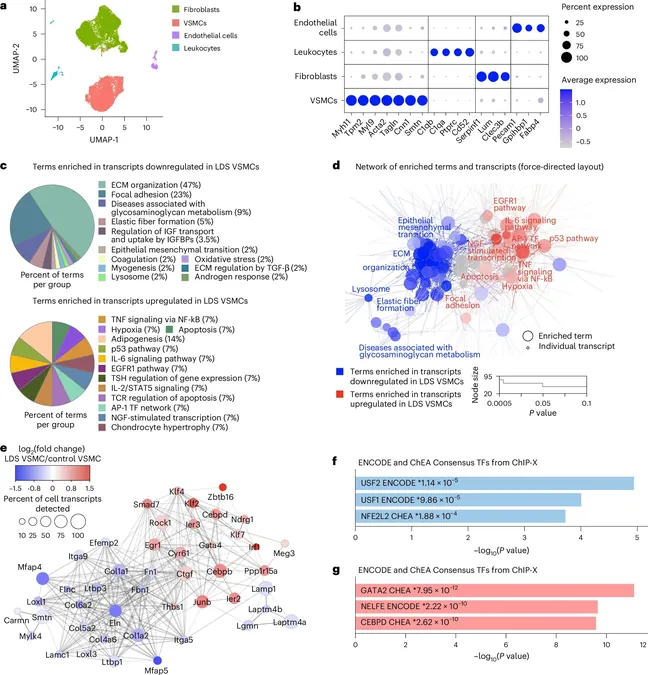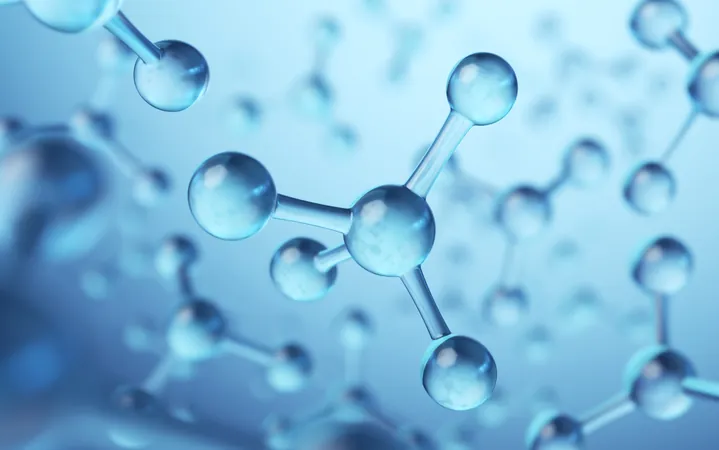
Revolutionary Discoveries About Kidney Microbiome Could Change the Game in Kidney Stone Prevention!
2024-12-11
Author: Jia
Introduction
Cleveland Clinic researchers have made groundbreaking strides in understanding the kidney microbiome, a community of bacteria that significantly influences renal health and the formation of kidney stones. Their study, published in *Nature Communications*, reveals that the urinary tract is not as sterile as once believed, with low levels of bacteria being completely normal. This revelation holds immense potential for preventing kidney stones, a condition that has remained stagnant in terms of medical advancements for over 30 years.
Research Overview
Led by Dr. Aaron Miller and Dr. José Agudelo, the research team utilized a robust, multi-faceted approach that combined preclinical experiments with human studies to identify and characterize this small but crucial bacterial community living in the urinary tract. They discovered specific types of bacteria that could either contribute to or inhibit kidney stone formation. Notably, the misuse of antibiotics—often linked to the development of kidney stones in healthcare settings—was found to push the balance of gut bacteria towards those that promote stone formation.
Statistics and Warnings
"Urologic diseases, including kidney stones, currently affect a staggering 63% of adults and are on the rise," warns Dr. Miller. “Our findings suggest a direct link between urinary bacteria and stone formation. If we cling to the outdated notion that our urinary tract is sterile, we limit our ability to devise effective treatments and preventative measures.”
Definitive Evidence of Kidney Microbiome
The study provided definitive evidence supporting the existence of a kidney microbiome, a topic that has been hotly debated since the concept of the urobiome emerged less than 15 years ago. Dr. Agudelo, who specializes in urinary stone disease, emphasized that earlier research had hinted at this community but lacked the conclusive proof needed to confirm its role.
Criteria for a True Microbiome
To be classified as a true microbiome, bacterial communities must meet three essential criteria: stability, consistency, and active metabolism. The research team successfully demonstrated these characteristics in the bacteria collected from the urinary tract. Importantly, they found these bacteria present even in individuals without signs of urinary disease, dispelling longstanding myths.
Impact of Kidney Microbiome on Stone Formation
Investigating the potential impact of the kidney microbiome on stone formation, the researchers cultivated bacteria in specially designed chambers that simulate urine flow in kidneys. By introducing key ingredients for kidney stone creation—oxalate and calcium—they observed that E. coli led to the formation of large, stone-like crystal structures resembling actual kidney stones. In stark contrast, Lactobacillus crispatus did not produce any stones, and growing both bacteria together resulted in very small crystal formations that were chemically different from kidney stones, suggesting that Lactobacillus might inhibit E. coli’s stone-forming capabilities.
Effects of Antibiotic Use
Moreover, their preclinical models revealed that excessive antibiotic use shifts the microbiome's balance from the beneficial Lactobacillus to the harmful E. coli, providing insight into why individuals on long-term antibiotic regimens are at increased risk for kidney stones.
Future Implications
Dr. Agudelo envisions utilizing the findings from this research to develop innovative therapeutic and diagnostic strategies around the unique metabolites produced by these bacteria, which have potential anti-kidney stone properties. He is already poised to explore the specific bacterial metabolites involved in the stone formation process and their implications for treatment.
Conclusion
With this study, the Cleveland Clinic researchers are poised to reshape how kidney stones are understood and approached, potentially leading to revolutionary prevention methods that can alleviate the suffering of millions worldwide.






 Brasil (PT)
Brasil (PT)
 Canada (EN)
Canada (EN)
 Chile (ES)
Chile (ES)
 España (ES)
España (ES)
 France (FR)
France (FR)
 Hong Kong (EN)
Hong Kong (EN)
 Italia (IT)
Italia (IT)
 日本 (JA)
日本 (JA)
 Magyarország (HU)
Magyarország (HU)
 Norge (NO)
Norge (NO)
 Polska (PL)
Polska (PL)
 Schweiz (DE)
Schweiz (DE)
 Singapore (EN)
Singapore (EN)
 Sverige (SV)
Sverige (SV)
 Suomi (FI)
Suomi (FI)
 Türkiye (TR)
Türkiye (TR)